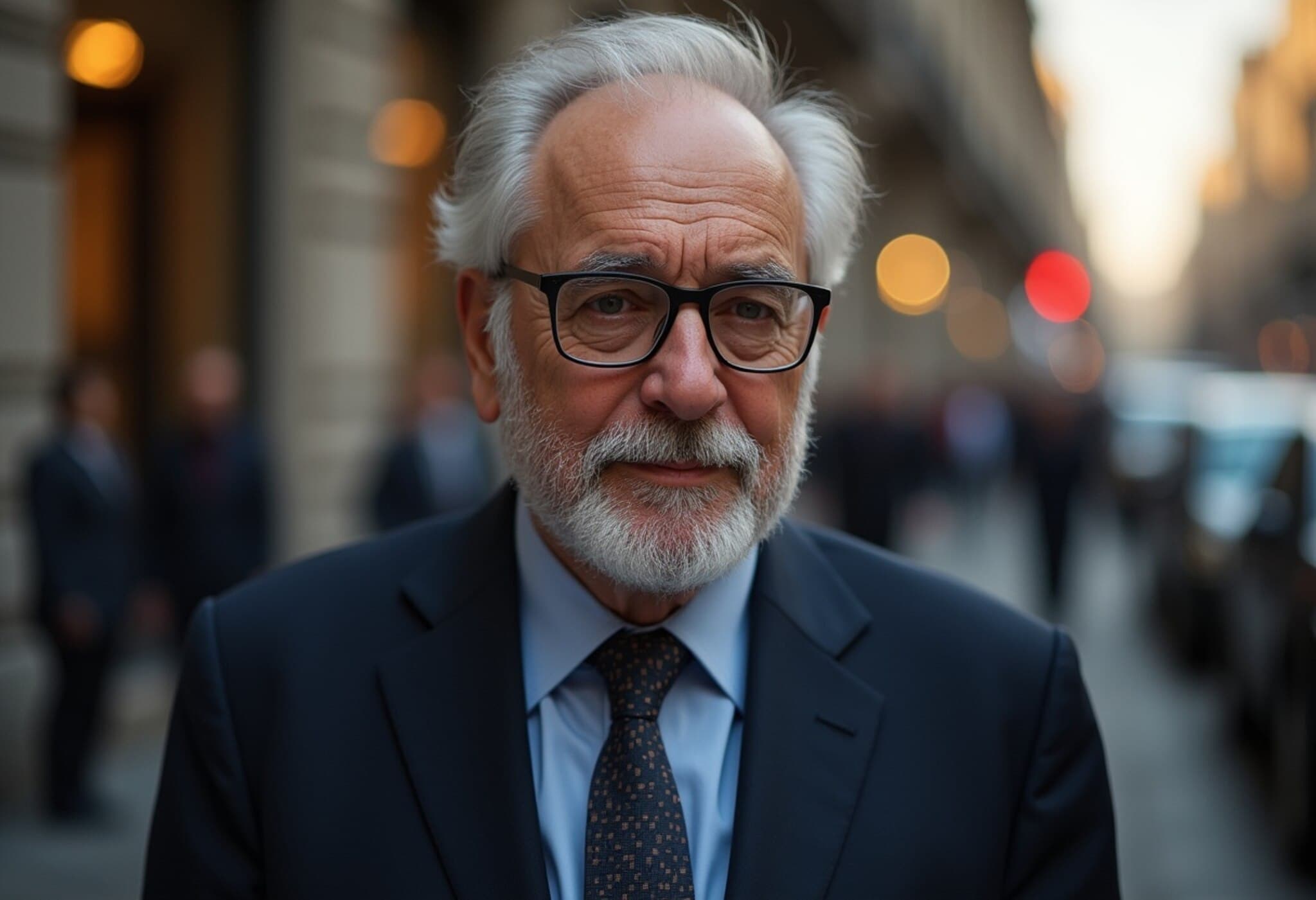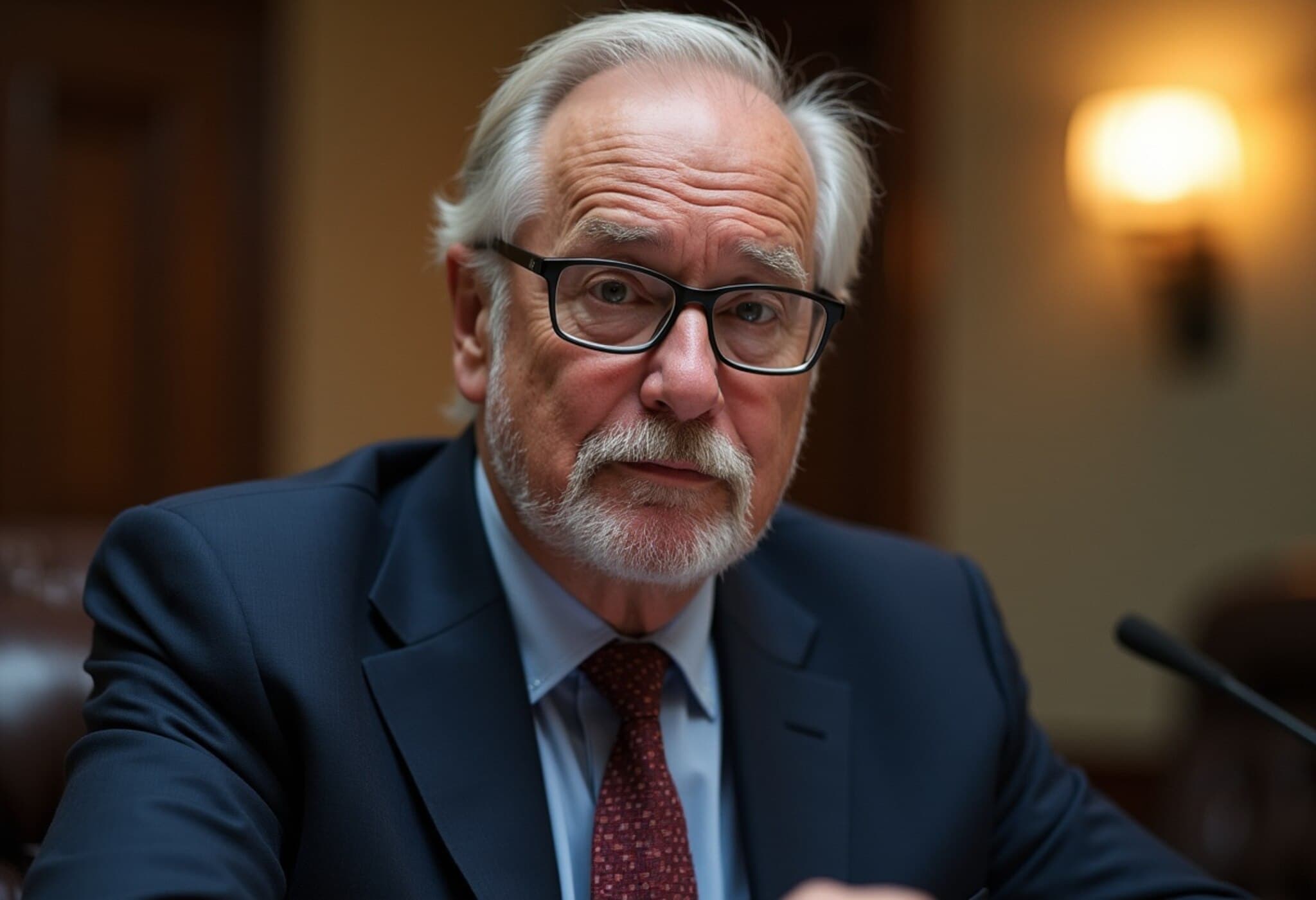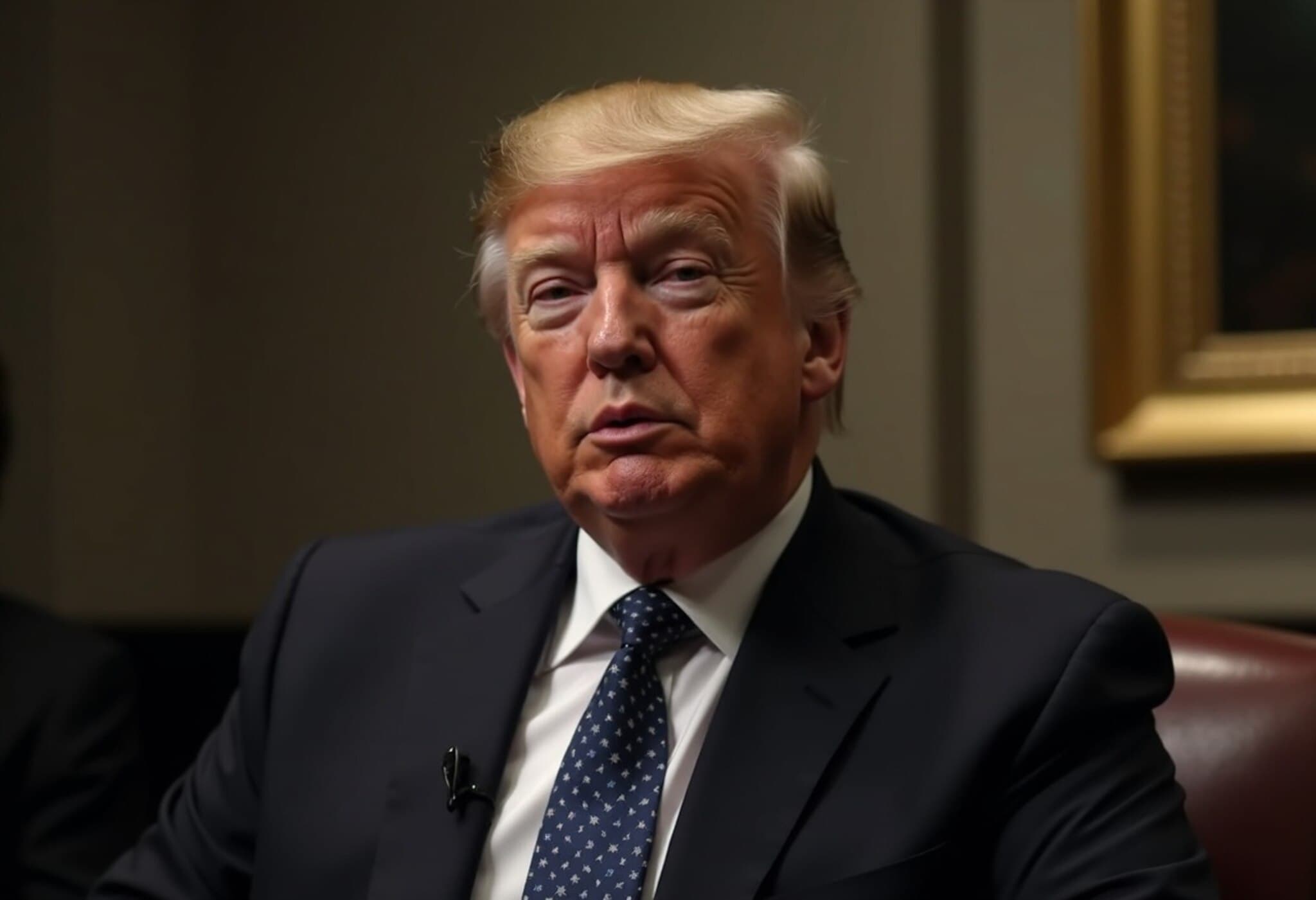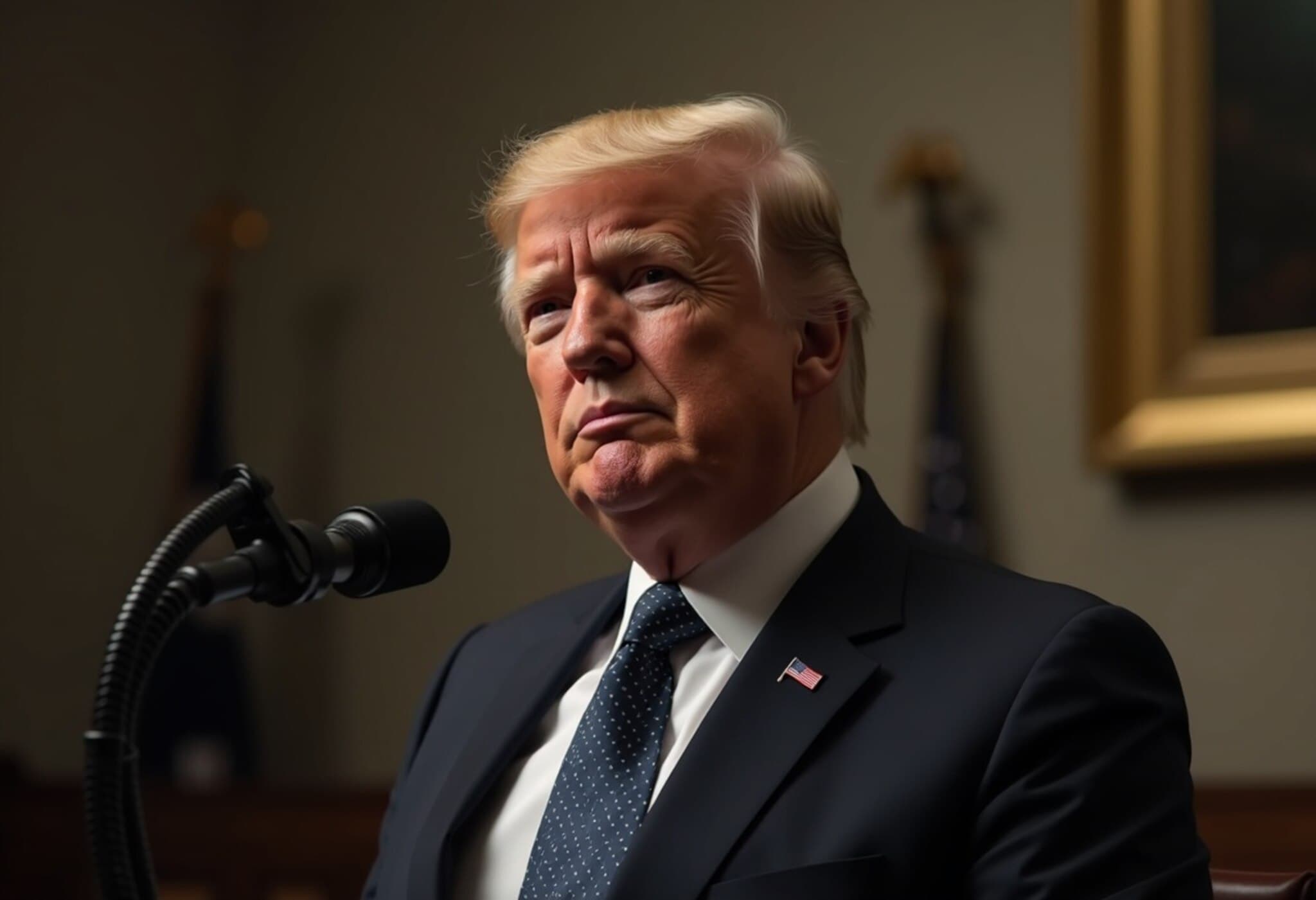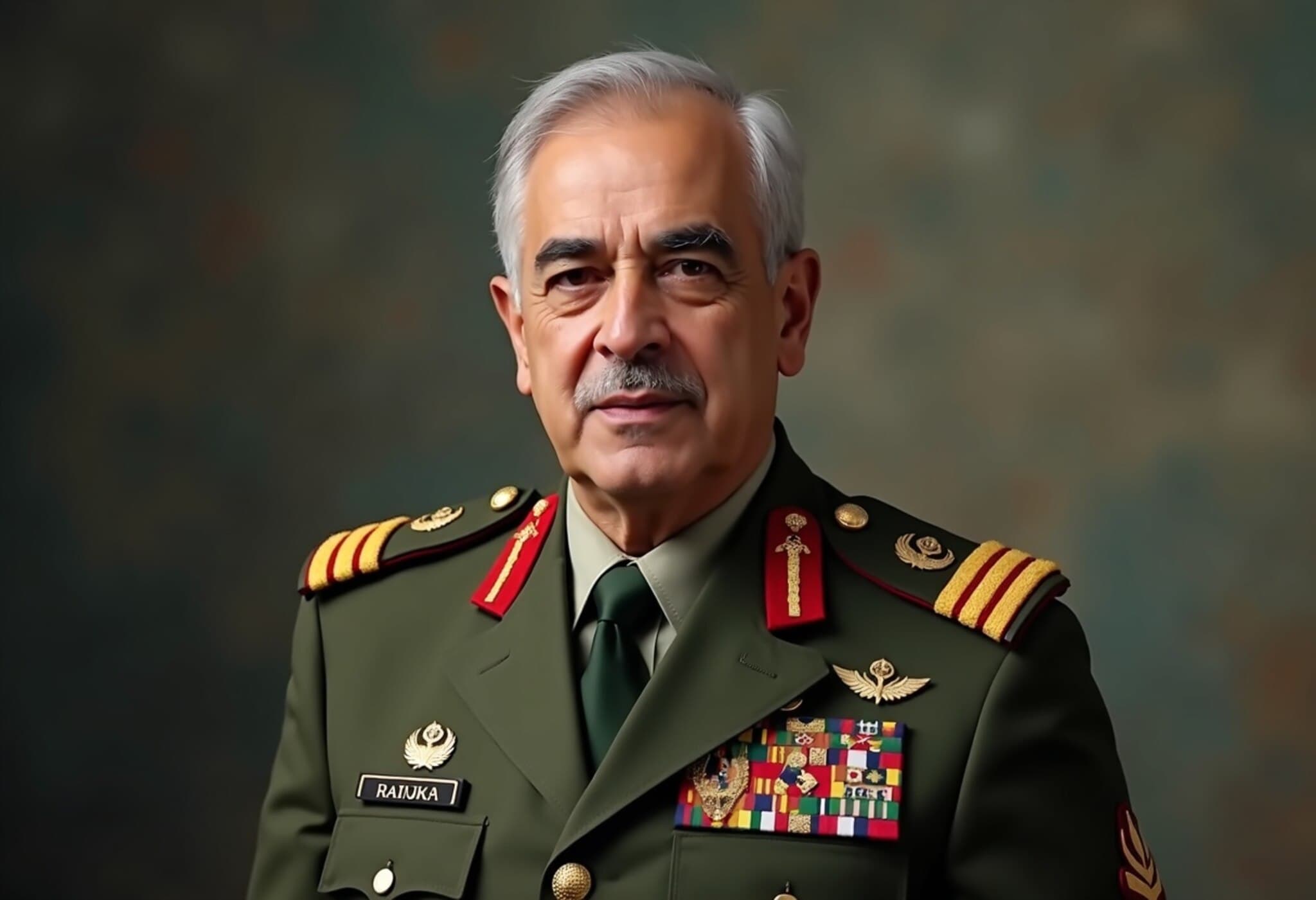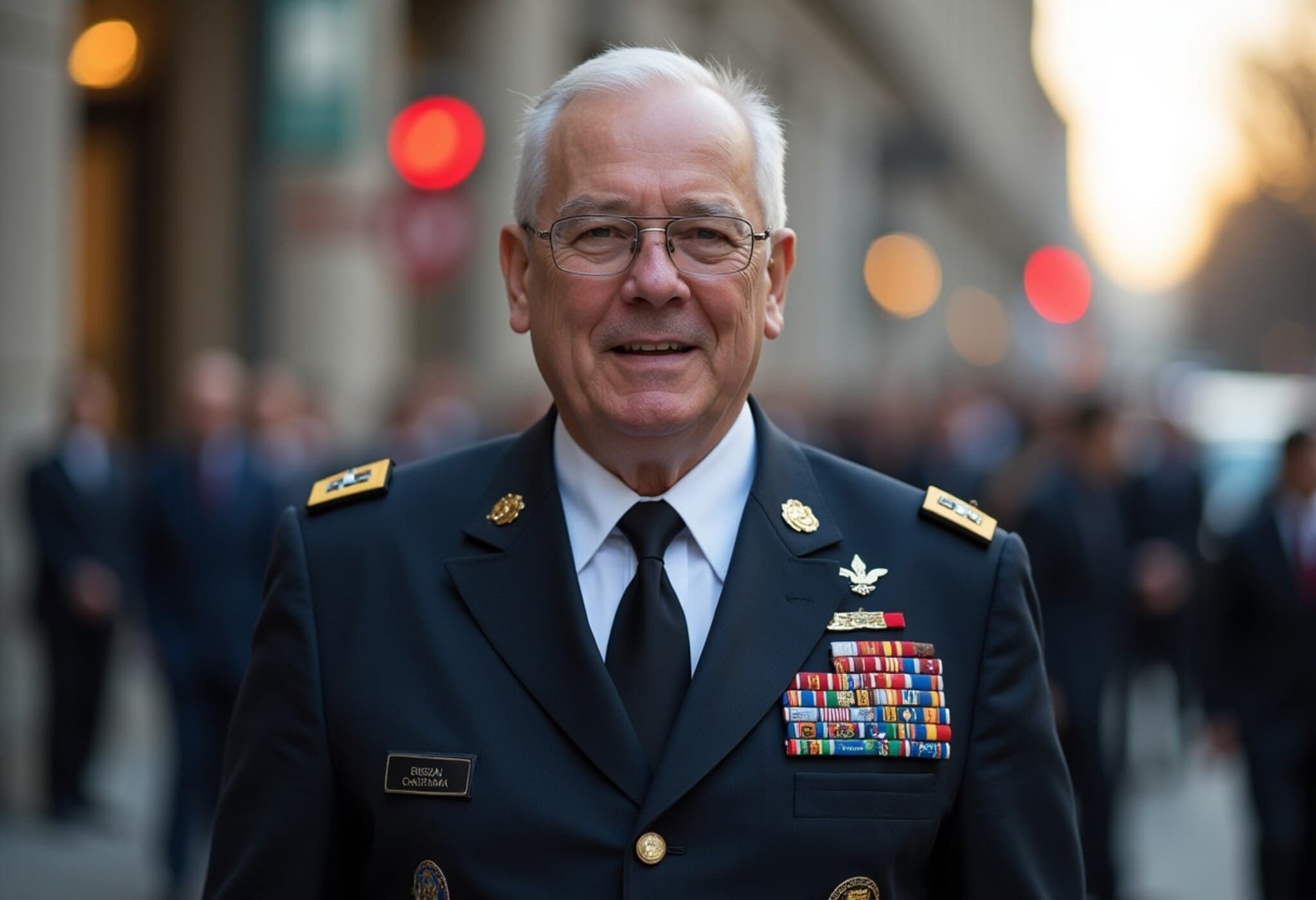Naftali Bennett Firmly Rejects Epstein-Mossad Conspiracy Theories
In a recent public statement, former Israeli Prime Minister Naftali Bennett has powerfully dismissed the swirling allegations linking convicted sex offender Jeffrey Epstein to Israel’s intelligence agency, Mossad. Addressing these accusations head-on, Bennett described them as “categorically and totally false,” emphasizing his personal knowledge of the intelligence apparatus due to his tenure as prime minister.
Accusations Sparked by Tucker Carlson’s Controversial Claims
The controversy reignited when prominent American commentator Tucker Carlson suggested at a Turning Point USA event in Florida that Epstein might have been tied to foreign intelligence services, implicitly pointing to Israel. Carlson’s remarks, notably devoid of concrete evidence, implied that discussing Israel in this context has become taboo. He remarked, “Now, no one’s allowed to say that the foreign government is Israel because we have been somehow cowed into thinking that’s naughty.”
Bennett’s Direct Rebuttal: A Defense Rooted in Experience
In his response posted on X (formerly Twitter), Bennett drew on his authoritative position as the former prime minister to refute such claims emphatically. “With the Mossad having reported directly to me, I say to you with 100% certainty that the accusation that Jeffrey Epstein somehow worked for Israel or the Mossad running a blackmail ring is categorically and totally false,” Bennett asserted.
He went further to condemn the spread of these conspiracy theories as harmful misinformation that unjustly stains Israel’s reputation. "They just make things up, say it with confidence, and these lies stick because it’s Israel," Bennett said, highlighting the persistent challenge Israel faces in the battle against misleading narratives.
Understanding the Broader Context: Why Do These Theories Persist?
Jeffrey Epstein's death in 2019, officially ruled a suicide by US authorities, left numerous questions unanswered for the public, fueling a fertile ground for conspiracy theories. Many remain dissatisfied with the transparency of investigations related to Epstein’s criminal network. This vacuum often invites conspiracy theories, sometimes intertwined with geopolitical biases and anti-Israel sentiments.
Experts on intelligence and international relations note that while espionage activities often spark speculation, concrete evidence is vital to substantiate claims—something notably absent in Epstein-Mossad theories. The invocation of Israel in such conspiracies taps into a broader historical pattern where the nation is frequently, and sometimes unfairly, at the center of complex geopolitical narratives.
Media Literacy and the Responsibility of Public Figures
The episode raises critical questions about the role media personalities play in shaping public discourse. When influential figures, without clear proof, link sensitive matters to specific nations or communities, they risk perpetuating stereotypes and undermining factual clarity.
Naftali Bennett’s intervention underscores the vital importance of media literacy and the need for consumers of news to critically evaluate the sources and motivations behind claims, especially those involving international intrigue.
Looking Ahead: The Impact on Israeli-American Relations and Public Perception
Accusations like the Epstein-Mossad theory, though refuted by credible insiders, can strain Israeli-American ties if allowed to fester unchecked. Maintaining transparent communications and fostering informed dialogue between nations becomes essential in today's politically charged environment.
For Israel, combating misinformation is not just about protecting a national image—it’s about ensuring that complex realities aren’t reduced to simplistic, harmful conspiracy narratives that distract from genuine issues on both sides.
Editor’s Note
Naftali Bennett’s unequivocal denial of Epstein-Mossad allegations beseeches readers to look past sensational headlines and focus on verified facts. This situation exemplifies the dangers of conflating unresolved criminal networks with geopolitical rivalries and highlights the ongoing struggle against misinformation in the digital age. As global citizens, fostering critical thinking and nuanced understanding remains our best defense against the spread of damaging conspiracies.










